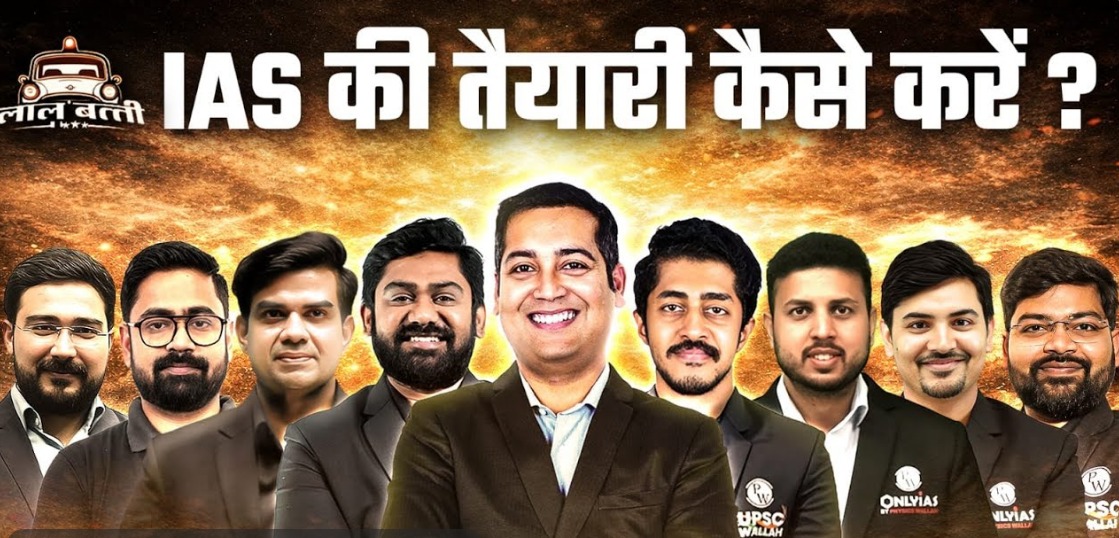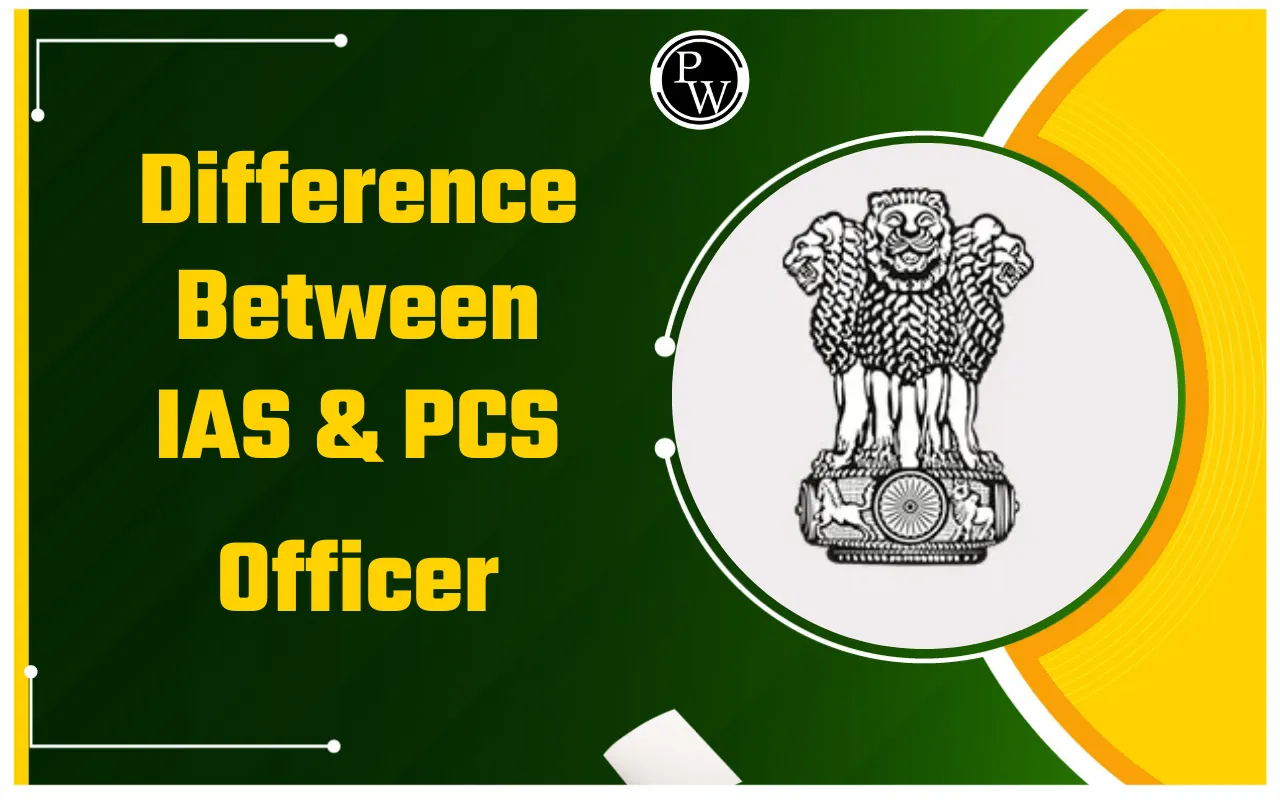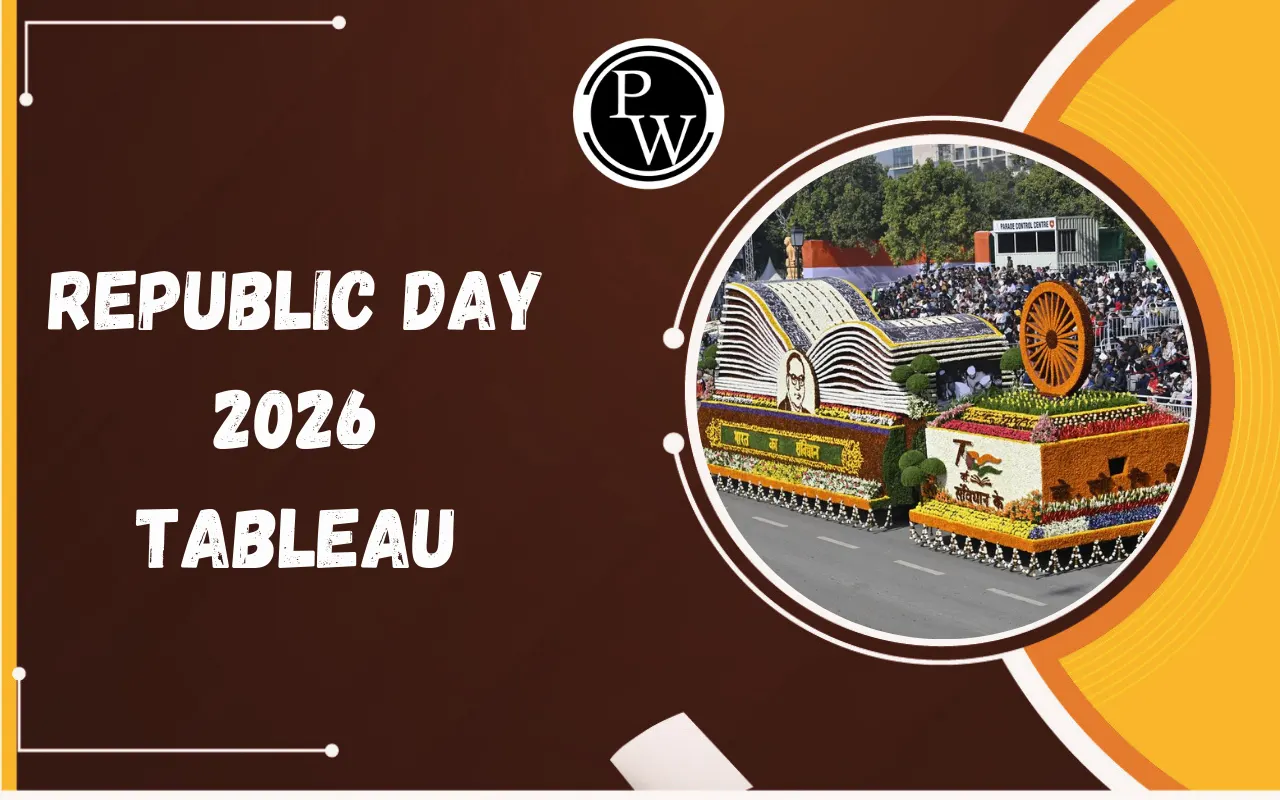
Sanskrit Literature UPSC: Candidates who have an interest in the timeless allure of Sanskrit literature can get the opportunity to delve deep into its rich tapestry by choosing Sanskrit Literature as their optional subject for the UPSC Civil Services Mains examination. As one of the 48 optional subjects offered, Sanskrit Literature is a gateway to understanding the profound literary heritage , philosophical insights , and cultural nuances encapsulated within the Sanskrit language. Choosing Sanskrit Literature as an optional subject for the UPSC examination not only enriches one's understanding of ancient Indian culture but also provides a unique perspective on timeless human values and societal structures .
UPSC Sanskrit Literature Optional Syllabus
The Sanskrit literature UPSC syllabus is meticulously crafted to cover various aspects of Sanskrit literary tradition, ranging from ancient texts to modern interpretations . It is divided into two papers - Paper I and Paper II , each carrying 250 marks, making a total of 500 marks out of 1750 marks. However, the syllabus aims to assess candidates' comprehension , analytical skills , and interpretative abilities of Sanskrit literary works.Sanskrit Literature Optional UPSC Syllabus For Paper I
The Sanskrit Literature Syllabus for Paper I offers insights into the linguistic and cultural heritage of ancient India . It covers the grammar , syntax , and literary forms of both Vedic and classical Sanskrit , exploring texts like the Ramayana and Mahabharata . It also examines the development of literary genres such as Mahakavya and Rupaka , along with the philosophical and cultural concepts embedded within Sanskrit texts , including Purusartha , Samskaras , and Indian philosophical schools like Vedanta and Yoga . Get the complete syllabus from below: Important Instructions on Writing Language for Paper I:- There will be three questions, as indicated in the Question Paper, which must be answered in Sanskrit.
- The remaining questions must be answered either in Sanskrit or in the medium of examination opted by the candidate.
| Section A |
1.
Significant features of the grammar, with particular stress on Sanjna, Sandhi, Karaka, Samasa, Kartari and Karmani vacyas (voice usages) (to be answered in Sanskrit).
2.
(a) Main characteristics of Vedic Sanskrit language
(b) Prominent feature of the classical Sanskrit language
(c) Contribution of Sanskrit to linguistic studies
3. General Knowledge of:—
(a) Literary history of Sanskrit
(b) Principal trends of literary criticism
(c) Ramayana
(d) Mahabharata
(e) The origin and development of literary genres of :
|
| Section - B |
|
Sanskrit Literature Optional UPSC Syllabus For Paper II
The Sanskrit Literature Paper II covers the rich cultural and literary heritage of ancient India through its diverse range of texts. From epic poems like Raghuvamsam to dramatic masterpieces such as Mudraraksasam , these works explore themes of morality , philosophy , and human experience . Through the study of selected passages and verses , candidates gain insight into the linguistic intricacies and wisdom embedded within Sanskrit literature, reflecting the profound intellectual tradition of ancient India. Important Instructions on Writing Language for Paper II- For Section A:
-
-
- In this section, questions from Group 4 are to be answered in Sanskrit only .
- Questions from Groups 1, 2 and 3 are to be answered either in Sanskrit or in the medium opted by the candidate.
-
- For Section B:
-
- This section will require first-hand reading of the following selected texts.
- Questions from Groups 1 & 2 are to be answered in Sanskrit only .
- Questions from Groups 3 and 4 are to be answered either in Sanskrit or in the medium opted by the candidate.
| Section A | |
| Group 1 | (a) Raghuvamsam—Kalidasa (b) Kumarasambhavam—Kalidasa (c) Kiratarjuniyam—Bharavi (d) Sisupalavadham—Magha (e) Naisadhiyacaritam—Sriharsa (f) Kadambari—Banabhatta (g) Dasakumaracaritam—Dandin (h) Sivarajyodayam—S.B. Varnekar |
| Group 2 | (a) Isãvãsyopanisad (b) Bhagavadgitã (c) Sundarakanda of Valmiki’s Ramayana (d) Arthasastra of Kautilya |
| Group 3 | (a) Svapanavasavadattam—Bhasa (b) Abhijnanasakuntalam—Kalidasa (c) Mricchakatikam—Sudraka (d) Mudraraksasam—Visakhadatta (e) Uttararamacaritam—Bhavbhuti (f) Ratnavali—Sriharshavardhana (g) Venisamharam—Bhattanarayana |
| Group 4 | Short notes in Sanskrit on the following :— (a) Meghadutam—Kalidasa (b) Nitisatakam—Bhartrhari (c) Pancatantra— (d) Rajatarangini—Kalhana (e) Harsacaritam—Banabhatta (f) Amarukasatakam—Amaruka (g) Gitagovindam—Jayadeva. |
| Section B | |
| Group 1 | (a) Raghuvamsam—CantoI, Verses 1 to 10 (b) Kumarasambhavam—Canto I, Verses1 to 10 (c) Kiratarjuniyaue—Canto I, Verses 1 to 10 |
| Group 2 | (a) Isavasyopanisad—Verses—1, 2, 4, 6, 7, 15 and 18 (b) Bhagavatgita II Chapter Verses13 to 25 (c) Sundarakandam of Valmiki Canto15, Verses 15 to 30 (Geeta Press Edition) |
| Group 3 | (a) Meghadutam—Verses 1 to 10 (b) Nitisatakam—Verses 1 to 10 (Edited by D.D. Kosambi Bharatiya Vidya Bhavan Publication) (c) Kadambari—Sukanasopadesa (only) |
| Group 4 | (a) Svapnavasavadattam Act VI (b) Abhijnansakuntalam Act IV Verses 15 to 30 (M.R. Kale Edition) (c) Uttararamacaritam Act I Verses 31 to 47 (M.R. Kale Edition) |
UPSC Sanskrit Literature Optional Exam Pattern
Explore the detailed UPSC exam pattern for UPSC Sanskrit Literature Optional below. Gain insights into the structure, marking scheme, and sections of the exam, providing a roadmap for effective preparation and success in this prestigious examination.| Particular | Details |
| Mains Paper | Paper VI and Paper VII |
| Subjects | Sanskrit Literature Optional Paper-I and Paper-II |
| Total Marks | 500 (250 Each) |
| Time allowed | 3 Hours for each paper |
| Sections | Section A and Section B |
| Questions | total 8 questions with subparts |
| Compulsory Question | Questions Nos. 1 and 5 |
| Marks Distribution | 10, 15, and 20 marker questions |
| Writing Language | Sanskrit and medium opted by the candidate. |
Pros and Cons of Sanskrit Literature Optional UPSC
Choosing an optional subject comes with its own sets of advantages and disadvantages. So, it is advisable to check them before choosing your subject for UPSC IAS mains as they have a great significance on the overall marking.Pros of Sanskrit Literature Optional UPSC:
Here are some advantages of choosing Sanskrit literature as your optional subject:- Cultural Insights: Provides deep insights into ancient Indian culture, philosophy, and societal norms.
- Scoring Potential: Well-prepared candidates can leverage Sanskrit Literature to score high marks due to its specialized nature.
- Linguistic Proficiency: Enhances proficiency in Sanskrit language and literature, which can be beneficial for academic and research pursuits.
- Less Competition: Sanskrit Literature is opted for by fewer candidates, reducing competition and providing opportunities for unique perspectives.
Cons of Sanskrit Literature Optional UPSC:
Here are some disadvantages of choosing Sanskrit literature as your optional subject:- Language Barrier: Requires a high level of proficiency in the Sanskrit language, which may pose a challenge for non-native speakers.
- Limited Resources: Compared to more popular optional subjects, there may be limited study materials and coaching support available for Sanskrit Literature.
- Time Intensive: Preparation for Sanskrit Literature requires dedicated time and effort to master the language and comprehend the complex literary texts.
Preparation Tips for UPSC Sanskrit Literature Optional
Candidates can get effective preparation strategies tailored for the UPSC Sanskrit Literature Optional below. Navigate through concise tips and insights designed to enhance your proficiency in Sanskrit language and literature, empowering you to excel in the examination. Follow the below instructions to boost your preparation:-
- Understand the Syllabus: First, go through the complete syllabus, collect study materials, and analyse exam patterns. Accordingly, decide the topics to be covered.
- Write Summary: After reading the books, try to write a summary of the books in your own language. Get it evaluated by experts. Based on these recommendations, improve your knowledge base.
- Strengthen Language Skills: Focus on improving Sanskrit language proficiency through regular practice and study.
- In-depth Textual Analysis: Engage in detailed analysis and interpretation of prescribed Sanskrit texts to understand thematic, linguistic, and stylistic elements.
- Comparative Study: Compare Sanskrit literary works with other Indian and world literature to gain a broader perspective.
- Regular Practice: Practice writing analytical essays, critical commentaries, and summaries of Sanskrit texts to enhance writing skills and time management.
- Seek Expert Guidance: Seek guidance from Sanskrit scholars, teachers, or mentors to clarify doubts, receive feedback on answers, and improve overall preparation.
Sanskrit Literature Optional UPSC Previous Year Question Papers
Accessing previous year's question papers is instrumental in understanding the exam's structure, types of questions, and focus areas. Below, find the Sanskrit Literature optional previous years’ question papers to enhance your preparation by familiarizing yourself with the pattern and syllabus:Recommended Books For UPSC Sanskrit Literature Optional
The selection of study material is also essential for the candidates to strengthen their preparation. So, if you are also looking for books to prepare thoroughly for the UPSC Sanskrit Literature Optional Paper I and Paper II with recommended original texts and literature books , check the list of UPSC Sanskrit Literature books below:- Rachnanuvadkaumudi by Kapildev Dwivedi
- Brihad Anuvad Chandrika by Chakradhar Nautiyal “Hansa” Shastri
- Sanskrit Kavi Darshan by Bhola Shankar Vyas
- Bhasha Vigyan Evam Bhasha Shastra by Kapildev Dwivedi
- R. Kale’s books on each of the Mahakavya
- Sanskrit Sahitya ka Itihaas by Umashankar Sharma “Rishi”
- Separate books for topics of Group 2 – Pracheen Sahitya (ancient literature)
- Shukanasopadesh – varnanam by Dr Rajendra Kumar
UPSC Sanskrit Literature Optional Original texts
To prepare effectively for the second paper, candidates must delve into the prescribed original texts listed in the syllabus . Candidates can prepare by downloading the Sanskrit Literature UPSC question papers pdf to familiarize themselves with the types of questions asked, facilitating thorough topic coverage and exam readiness.- Raghuvansham – Canto I, Verses 1 to 10
- Kumarasambhavam – Canto I, Verses 1 to 10
- Kiratarjuniyam – Canto I, Verses 1 to 10
- Isavasyopanisad – verses -1, 2, 4, 6, 7, 15 and 18
- Bhagavad Gita Chapter II verses 13 to 25
- Sundarakandam of Valmiki Canto 15, Verses 15 to 30
- Meghadutam – verses 1 to 10
- Nitisatakam – Verses 1 to 10 (Bharatiya Vidya Bhavan Publication)
- Kadambari- Sukanaso-padesa (only)
UPSC Sanskrit Literature 2024 FAQs
Can I choose the Sanskrit Literature language if I don’t have a background in it?
Is Sanskrit literature a scoring subject?
Is it easy to find study materials for UPSC Sanskrit Literature?
Can I rely on English translations of Sanskrit literary works for preparation?
How much time should I dedicate to preparing for this optional?







